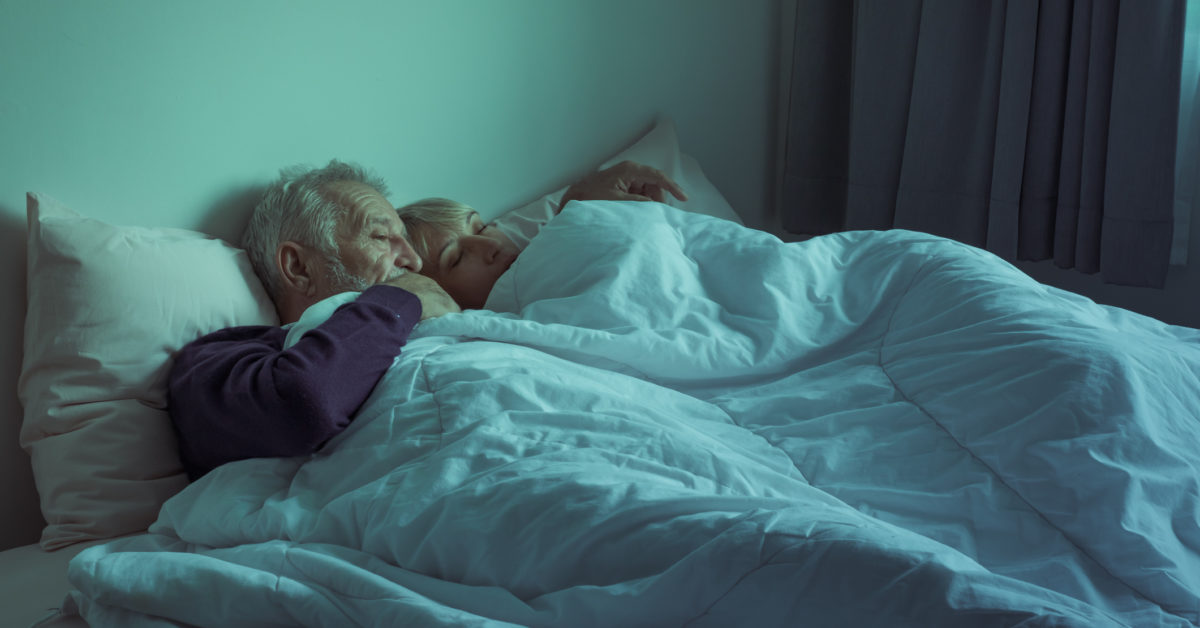Scientists have found amyloid plaques, which are a characteristic of Alzheimer’s disease, in the brains of people with sleep apnea.

In a new study, French scientists scanned the brains of older adults. They found an association between sleep apnea and the presence of amyloid plaques and other biological changes associated with inflammation and Alzheimer’s disease.
The scientists published their findings in the journal JAMA Neurology.
Sleep apnea is a sleep disorder where a person involuntarily pauses breathing while asleep. The most common form of this condition is called obstructive sleep apnea. It occurs when a person’s upper airway becomes blocked as they sleep.
If left untreated, people with sleep apnea may develop other health complications, such as heart disease, high blood pressure, stroke, and depression.
Researchers have long suspected that sleep-disordered breathing, such as sleep apnea, increases the risk of developing Alzheimer’s disease. However, they could not pinpoint the biological mechanisms that link these two conditions.
Alzheimer’s disease is a leading cause of dementia in older people. Scientists estimate that 43.8 million people live with dementia globally.
The Alzheimer’s Association estimate that in the United States in 2014, approximately 5 million people over 65 years had Alzheimer’s disease or related dementias. They expect this to increase to 14 million people by 2060.
A study in 2017 concluded that around 5% of people living in Europe have Alzheimer’s disease.
In this latest research, the scientists recruited 127 retired men and women over the age of 65 living in France and already enrolled in a European-wide clinical trial assessing mental health and well-being in an aging population.
All of the participants answered questionnaires about their cognitive function and sleep quality. Only people who had no symptoms of memory loss could take part in the study.
The researchers gave each person a portable home device to record their sleep quality and breathing as t

